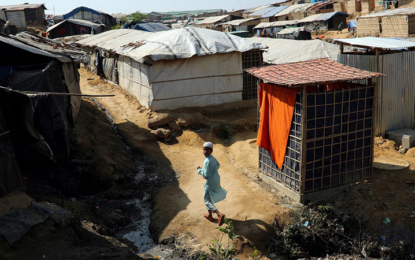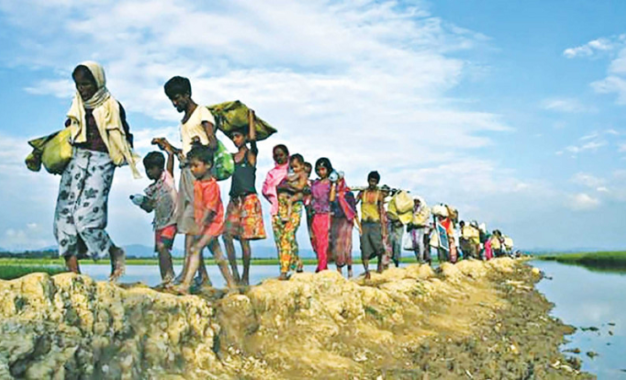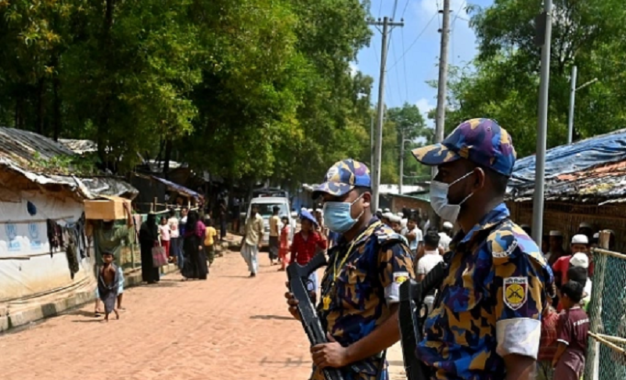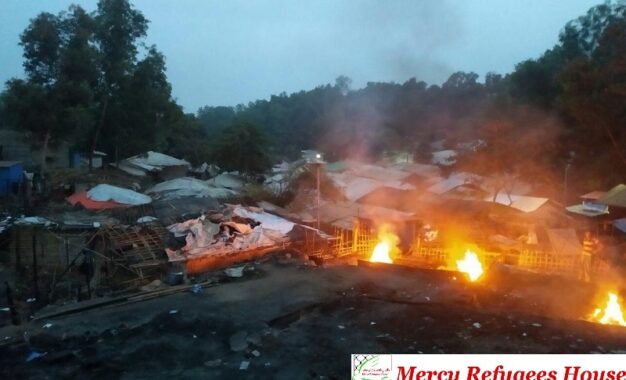Latest News
Cuddles, not bombs: how one woman helped children in Syria
Articles & Interviews, Countries, Europe, İnterviews, Refugees Issues

Fatima, a jolly-looking woman in a sparkly grey jumper and tightly wrapped headscarf that accentuates her round, smiley face, laughs as she shows me into her living room in Manchester, which is comfortable even though the family moved in just a fortnight ago. She offers me nuts and biscuits, but then her demeanour changes. She shifts in her chair; the laugh is gone. She looks down. She starts to talk about her life in Syria.
“We moved and moved,” she says, “trying to find somewhere safe, but each time the bombing was as bad as before.” By the end, she says, they were semi-conscious, living only in that they were not dead.
“We forgot everything. We forgot our kids. All we could think was that we did not want to die,” she says.
“I will never forget the airstrikes. The children were terrified … And the things they saw … their grandfather’s dead body after he had been tortured … their uncle taken away with his T-shirt over his head [he has not been seen since] … The house hit by a barrel bomb. We were out, but the neighbour and her child were killed.”
Fatima’s daughter became racked with fear, her son a shadow of his former self. So when, newly arrived in Manchester, two years ago, she was approached and asked to help with a parenting project that would be delivered to Syrian families still in conflict zones and camps, she leapt at the opportunity. “It was perfect timing,” she says, “Finally, we were safe and I could focus on the children.”
Amazon Sponsorship
Recent Posts
Jul 29, 2023
It has been close to six years since hundreds of thousands of Rohingya faced a deadly genocide by Myanmar’s military and fled the country in search of protection and refuge in neighbouring Bangladesh. The Rohingya population has been undergoing persecution, discrimination, arbitrary arrests, and atrocities in Myanmar for over seven decades. Their condition is alarmingly […]


















